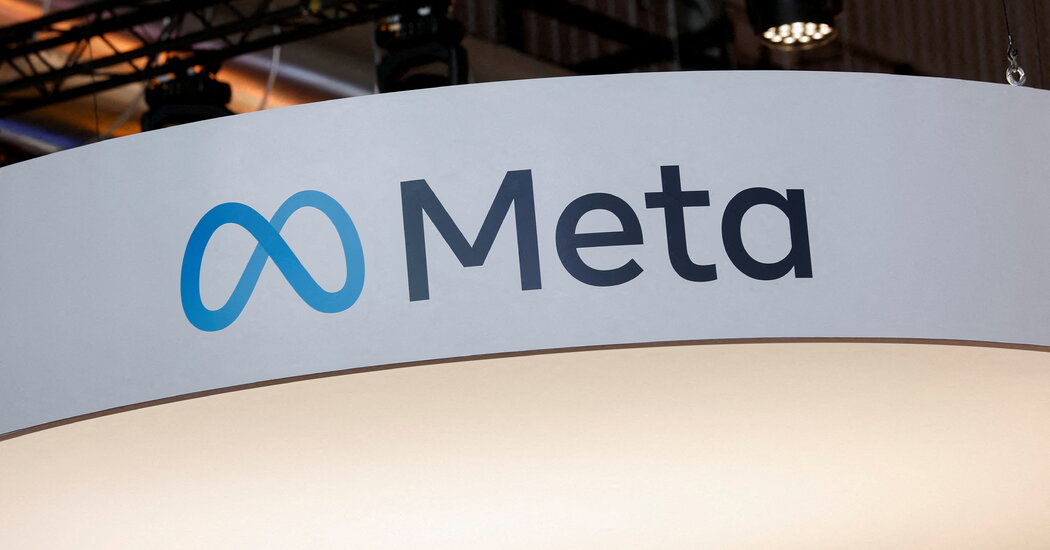Meta told his employees on Friday not to openly discuss the Supreme Court ruling overriding the constitutional right to abortion through broad communication channels within the company, people with knowledge of the situation said.
Executives at Meta, which owns Facebook and Instagram, cited a company policy that placed “strong guardrails around social, political and sensitive conversations” in the workplace, the people said, speaking on condition of anonymity. They said executives had alerted employees to a May 12 company memo, issued after a draft advisory on potentially undoing Roe v. Wade was leaked from the Supreme Court.
In the May 12 memo obtained by The New York Times, Meta said that “talking openly about abortion at work has an increased risk of creating a hostile work environment,” so it had “taken the stance that we should not would allow open discussion.”
The policy has sparked frustration and anger, people said. On Friday, some reached out to colleagues and executives to express their dismay with the company’s stance. Managers were advised to be empathetic but neutral on the subject, while messages that violated the policy in team chats were removed, two people said. In the past, Meta employees often used internal communication forums to discuss socio-political issues and current events.
Ambroos Vaes, a software engineer at Meta, said in a LinkedIn message that he was saddened that employees were “not allowed” to discuss the Supreme Court ruling in detail. On the company’s internal communications platform, moderators “quickly remove posts or comments mentioning abortion,” he wrote. “Limited discussion can only take place in groups of up to 20 employees who follow a fixed script, but not in public.”
A Meta spokesperson declined to comment.
Friday’s move was Meta’s latest attempt to quell controversial internal debates after years of unrest among workers and leaks to media. In 2020, the company updated its respectful communications policy to limit certain discussions at work, according to its May 12 memo.
The changes followed internal strife over the police murder of George Floyd, a black man, two years ago in Minneapolis. Meta employees were told they were no longer allowed to discuss political or social issues in company-wide channels on Workplace, the company’s employee bulletin board.
In October, Meta also made some Workplace groups private after Frances Haugen, a former employee, leaked thousands of internal investigative documents to the media. Employees lamented the loss of openness and collaboration, according to comments from The Times.
In the May 12 memo, Meta said it had previously allowed open discussion about abortion at work, but later acknowledged that this had led to “significant disruption in the workplace given the unique legal complexity and number of people affected by the issue.” affected”. The policy had led to a large number of complaints to the human resources department and many internal posts about abortion were removed for violations of the company’s harassment policy, the memo said.
Workers struggling with the Supreme Court ruling were ordered to support each other in one-on-one conversations or in small groups of “like-minded colleagues,” the memo said.
To allay workers’ concerns about the Supreme Court ruling, Meta said Friday it would reimburse travel expenses “to the extent permitted by law” for workers who “need access to health care and reproductive services outside of the state.”
Sheryl Sandberg, chief operating officer of Meta, which is leaving the company this fall, said in a Facebook post Friday that “the Supreme Court ruling endangers the health and lives of millions of girls and women across the country.”
“It threatens to undo the progress women have made in the workplace and strip women of their economic power,” she wrote. “It will make it harder for women to achieve their dreams.”

